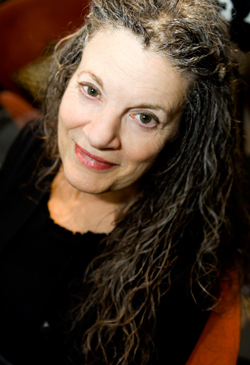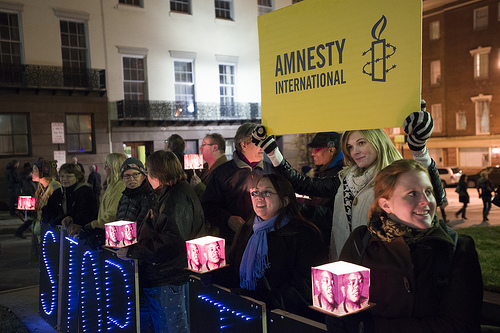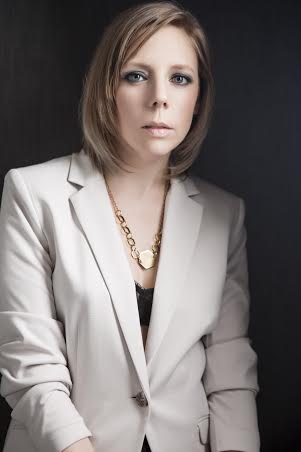“There Can’t Be Numbers:” An Interview With Laura Agustín, Part 2
 Yesterday, we posted Part One of an interview with Sex at the Margins author Dr. Laura Agustín. Today we present our second and final segment.
Yesterday, we posted Part One of an interview with Sex at the Margins author Dr. Laura Agustín. Today we present our second and final segment.
It’s incredibly common now to see abolitionists argue that when prostitution is legal, as it in Amsterdam, trafficking only increases. What does the most current research actually suggest?
Everyone wants this thing called research to prove one position or another, but it can’t. Even if there were enough funds to do massive studies with a range of methodologies and amazingly objective researchers, the target is impossible to define and pin down. It’s the same problem as with numbers, the fact that the subjects of interest are operating outside formal networks. Of course you can have small ethnographic studies that provide real insight into particular people at a certain time and place, but those studies cannot prove anything in general. And certainly not about legal regimes, as in the quarrel over which causes more exploitation.
Over a very long period we may come to understand the effects of a regime like the Dutch, but it is too early now. I did research in Holland amongst people concerned with how the policy was working in 2006, when it was already clear that offering regulation only brought part of the sex industry into government accounting. Businesspeople interested in operating outside the law continued to do so; many escort agencies and other sex businesses refused to register; migrants not allowed work permits came and worked anyway and so did people facilitating their travel and work, and, in many cases, exploiting them. None of which proves that the whole system ‘increases trafficking’. You cannot even coherently discuss an increase in trafficking when there are no baseline figures to compare with. On top of which agreement about what everyone means by the word trafficking simply does not exist. This goes for both the Dutch situation and the Swedish – claims about trafficking going up or down cannot be proved.



